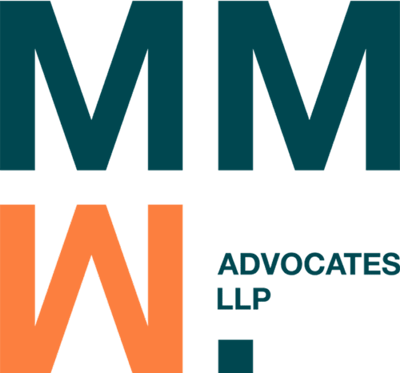THE FINANCIAL MARKETS CONDUCT BILL
In the recent past, the Kenyan money market has witnessed a meteoric rise in the number of lenders, including the ever-emerging mobile money lending platforms. Besides mobile lenders we now have credit lending companies that are mushrooming all over Kenya, offering easy access to loans and accepting both conventional and unconventional securities. The sprouting of alternative sources of financing has been propelled by;
- The capping of interest by the Banking Act on September 2016, which in turn reduced lending by Banks;
- Alternative lenders, unlike Banks, do not have a rigorous vetting process for purposes of lending;
- The quick turn-around time in lending by Alternative with promises to offer a loan facility within 24 hours;
- Alternative lenders do not require conventional securities and are not concerned by the borrower’s credit rating score;
- The fact that most Kenyan businesses constantly have liquidity problems despite possessing a large account receivable book, and often need quick loans to boost their cash flow (Invoice Discounting).
Alternative lenders seem aware of these unique Kenyan issues and are seemingly bridging the gap for Kenyans who don’t have formal bank accounts, conventional types of security or whose incomes are not stable enough to borrow from formal financial institutions. While these services have improved access to loans, the question that is unaddressed is, should this sector be regulated?
The government in its need to regulate the sector, sponsored the Financial Conducts Management Bill proposing the licensing and regulation of alternative lenders including the creation of a Financial Markets Conduct Authority (FMCA) being the oversight body. The act proposes;
- Licensing and regulating of all credit lending entities and entities that offer financial services including financial investment services and product
- A prescription of the maximum rates of interest chargeable on a loan;
- Limitation in the varying of the interest rate applicable during the term of the contract.
In conclusion while alternative lenders have provided ease of access to loans, there is no denying the fact that this noble intention has been tainted by charging unconscionable interest rates as high as 43% and mining data so as to solicit potential borrowers by text to borrow at undisclosed rates and terms. It is therefore apparent that there is need for this market segment to be regulated so as to promote a fair, non-discriminatory marketplace for access to credit.
We will note to advise you as the Bill progresses; however, it is imperative to state that the Bill has been dormant with no real progress or traction.
